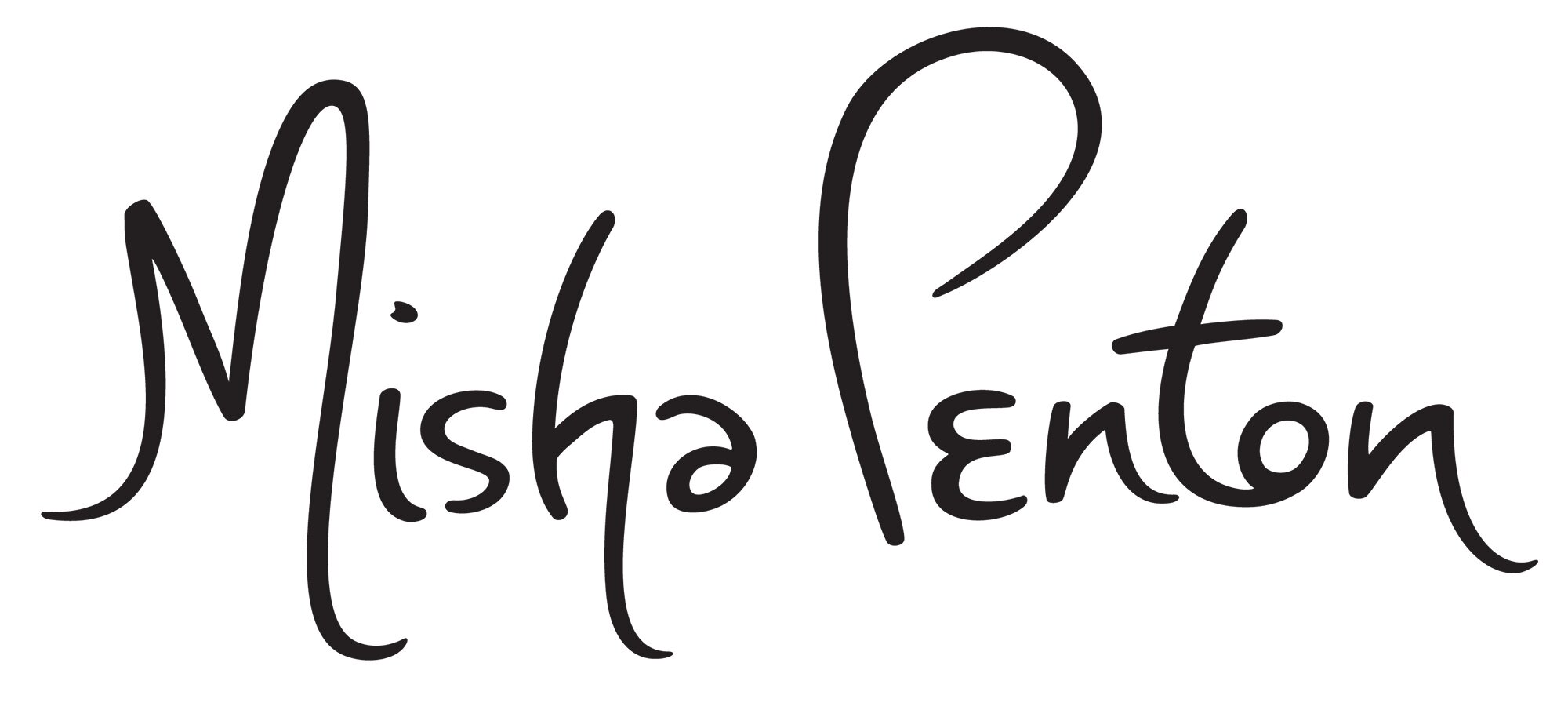Vocality - Resonate!
We speak
We sing
We whisper, shout, gasp, laugh, cry and wail…
we resonate
A Series of Posts: Thinking About Voices & Bodies
‘Vocality in music is understood today to indicate a spectrum of utterances broader than lyrics based singing…[and includes] a regard for the purely sonorous, bodily aspects of vocal utterance, beyond its linguistic content and beyond the appraisal of voice as merely an object of the listener’s desire.’ (Karantonis and Verstraete 2014, 4)
The sound of the human voice – from conventional speech and singing to gasps, whispers, ingresses, tongue clucks, coughs, laughter, et cetera – is a sonic world driven by the bodily presence of the voice. This idea conjures the ol’ ghost of Roland Barthes (1977) and his ‘grain’ of the voice: that something ‘beyond (or before) the meaning of the text’ (181). Barthes embraced the idea that meaning is inherent in the expression of physicalised vocality—that is—
meaning, or the process of meaning-making, resides in the sonority of text
and in the wondrous soundscape that emanates, emerges, and erupts from our bodies.
Through this approach to the voice—and to composition—my practice is deeply connected to vocal production and to the relationship of the body and text.
This next mini music vid is a really fun one! —
a Misha Music Video Mini / Micro-Opera: 47 seconds:
This post is a (very!) revised and slightly irreverent (and thus, reader-friendly) fragment from my recently approved doctoral thesis, ‘Vocality as / in Composition: solo and collaborative creation of new postopera works’. Bath Spa University, UK.
PS: Prompt!
Ok, so there’s this really cool deck of cards made in the 1970s by Brian Eno & Peter Schmidt: The Oblique Strategies. The cards are meant as creativity prompts and, really, just life disruptions / inspiration. Years ago, I found a list of the cards’ text online somewhere and made my own deck. I keep them around my studio and altar.
Here’s one for you today. This nudge may seem obvious, but I LOVE the reminder!
Cited Sources for The Curious & Un-Curious
Barthes, Roland. 1977. ‘The Grain of the Voice’ in Image Music Text. Translated by Stephen Heath, 179-89. London: Fontana Press Harper Collins.
Dunn, Leslie C. and Nancy A. Jones, editors. 1994. Embodied Voices: Representing Female Vocality in Western Culture. Cambridge: Cambridge University Press.
Karantonis, Pamela and Pieter Verstraete. 2014. ‘Introduction/Overture’ in Cathy Berberian: Pioneer of Contemporary Vocality. Edited by Pamela Karantonis, Francesca Placanica, et al., 3-18. Farnham: Ashgate.
Penton, Misha. 2021. ‘Vocality & Embodiment’ in ‘Vocality as / in Composition: solo and collaborative creation of new postopera works’, 25-7. PhD Diss. Bath Spa University, UK.



